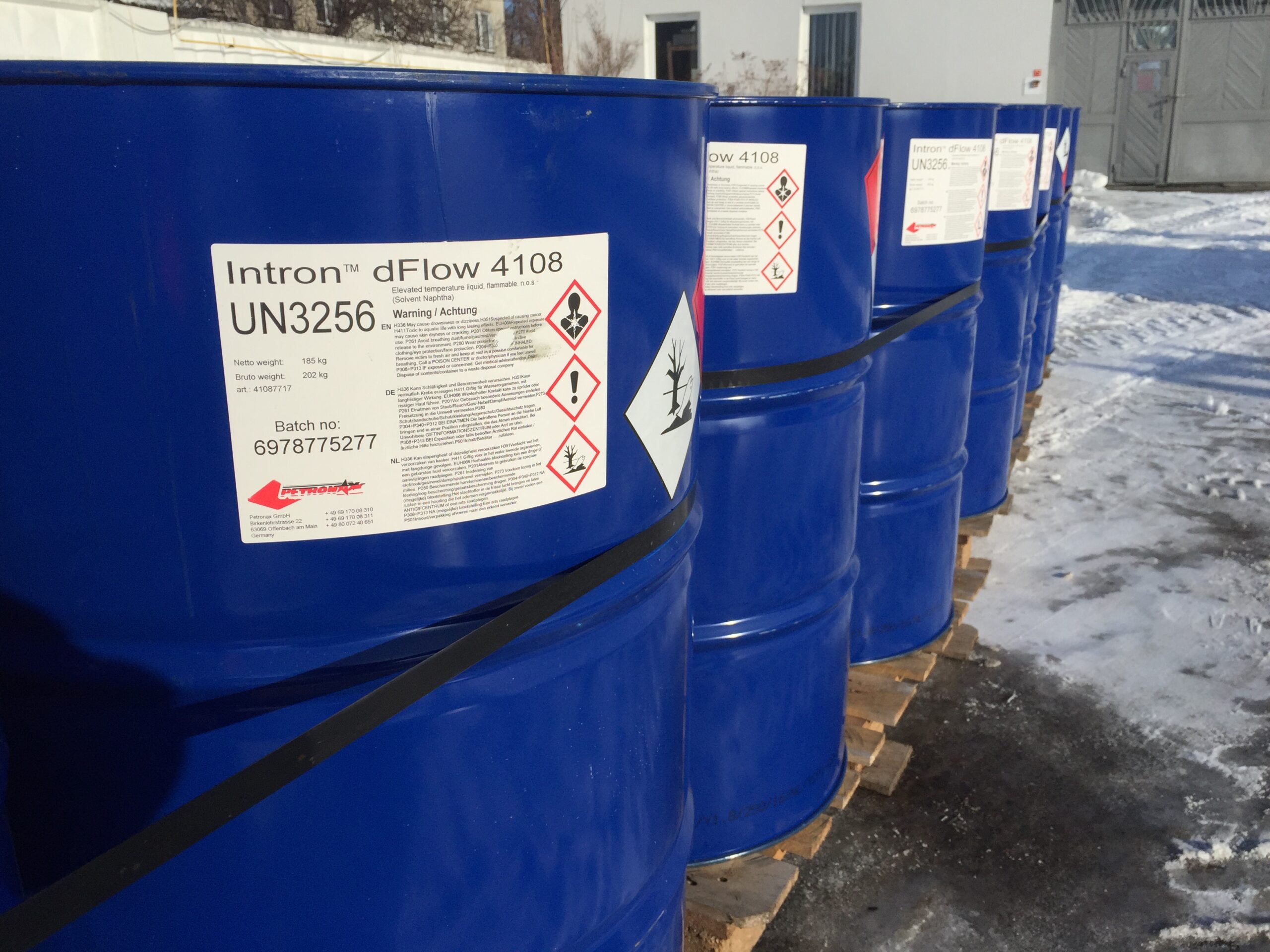Diesel fuel is a critical fuel source for heavy-duty vehicles, marine vessels, and power generation. However, diesel fuel’s properties change under different temperatures, affecting its performance and efficiency. Cold temperatures, in particular, have a significant impact on diesel fuel properties. This article will discuss how cold temperatures affect diesel fuel properties and the potential consequences of these changes.
How Cold Temperatures Impact Diesel Fuel Properties
Cold temperatures can significantly impact diesel fuel properties, leading to several challenges. These changes can be divided into two categories: physical and chemical changes.
Physical Changes
At low temperatures, diesel fuel undergoes several physical changes that affect its flow and handling properties. These changes include:
- Wax Formation
Diesel fuel contains paraffin wax, which solidifies at low temperatures. As the fuel cools, wax crystals start to form, reducing the fuel’s flow properties. The wax crystals can clog fuel filters, reducing fuel flow to the engine, and causing engine damage.
- Viscosity
Diesel fuel’s viscosity increases at low temperatures, reducing its flow properties. High viscosity diesel fuel can lead to filter clogging, reducing fuel flow, and engine damage.
- Cloud Point
Diesel fuel’s cloud point is the temperature at which wax crystals start to form, causing the fuel to become cloudy. As the fuel cools, the wax crystals continue to grow, leading to clogged filters, reduced fuel flow, and engine damage.
Chemical Changes
Cold temperatures can also cause several chemical changes in diesel fuel. These changes include:
- Oxidation
Low temperatures can cause diesel fuel to oxidize, leading to the formation of gum and varnish deposits. These deposits can clog fuel filters, reducing fuel flow, and engine damage.
- Fuel Stability
Cold temperatures can cause diesel fuel to become unstable, leading to the formation of insoluble particles and sediment. These particles can clog fuel filters, reducing fuel flow, and engine damage.
Consequences of Cold Temperature Changes
Cold temperature changes in diesel fuel can lead to several consequences that affect engine performance and reliability. These consequences include:
- Reduced Engine Performance
Diesel fuel with poor cold temperature properties can reduce engine performance, leading to decreased power output and reduced fuel efficiency.
- Increased Maintenance Costs
Cold temperature changes in diesel fuel can increase maintenance costs due to clogged filters and engine damage. These costs can include filter replacement, engine repair, and downtime.
- Reduced Engine Life
Poor cold temperature properties in diesel fuel can lead to engine damage, reducing engine life and increasing replacement costs.
Conclusion
In conclusion, cold temperatures have a significant impact on diesel fuel properties, affecting its flow and handling properties. These changes can lead to engine damage, reduced engine performance, increased maintenance costs, and reduced engine life. It is crucial to ensure that diesel fuel has excellent cold temperature properties to ensure optimal engine performance and reliability. This can be achieved by using chemical additives such as Middle Distillate Flow Improvers (MDFI) and Wax Anti-Settling Additives (WASA), which improve diesel fuel’s low-temperature performance and reduce the potential consequences of cold temperature changes.


